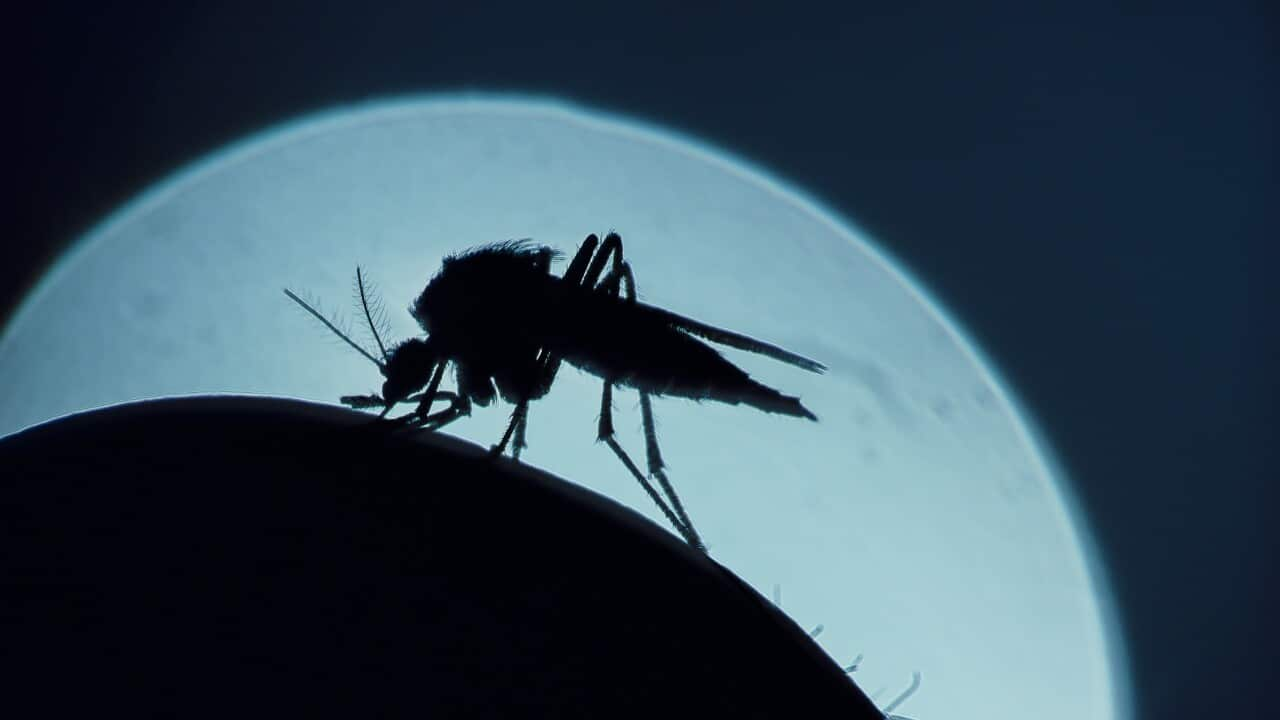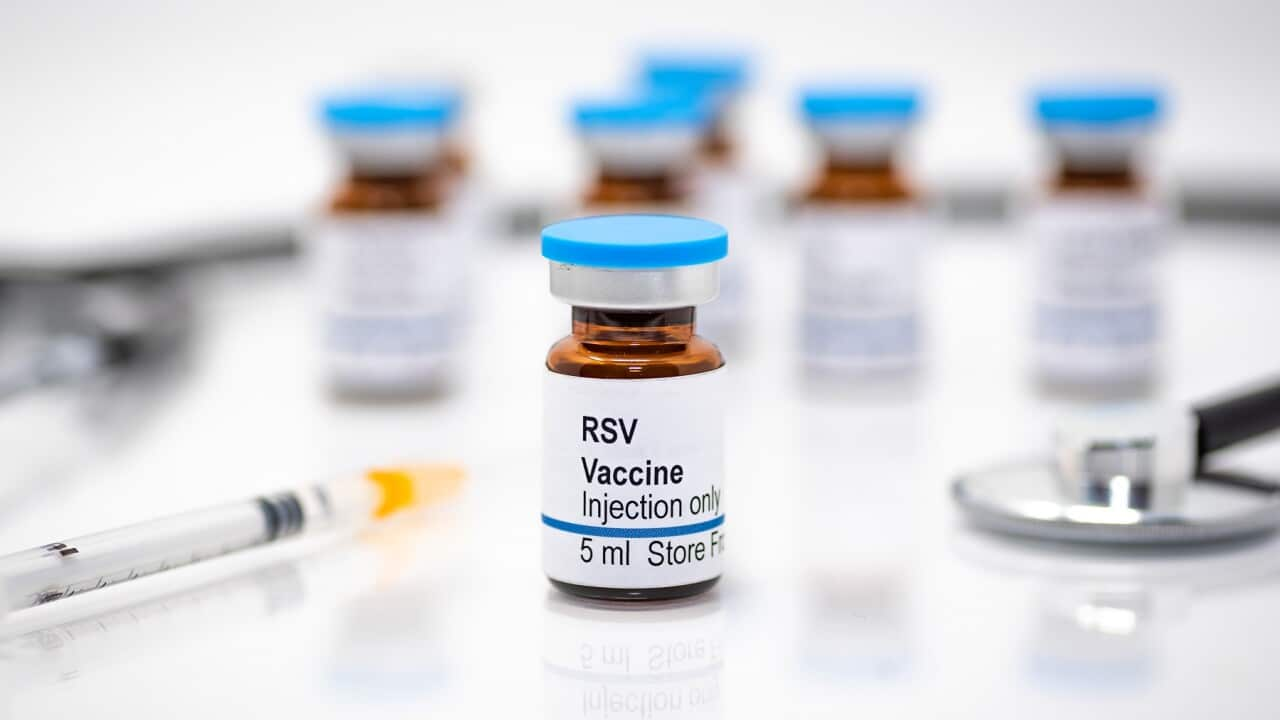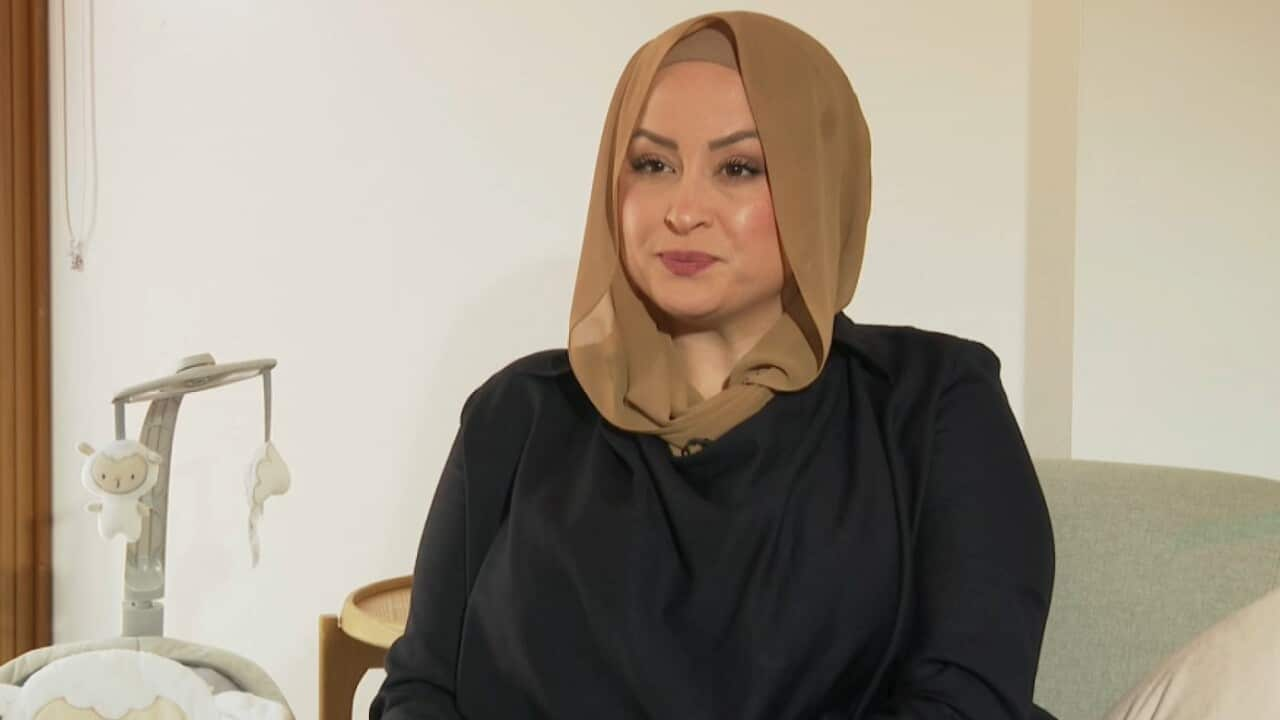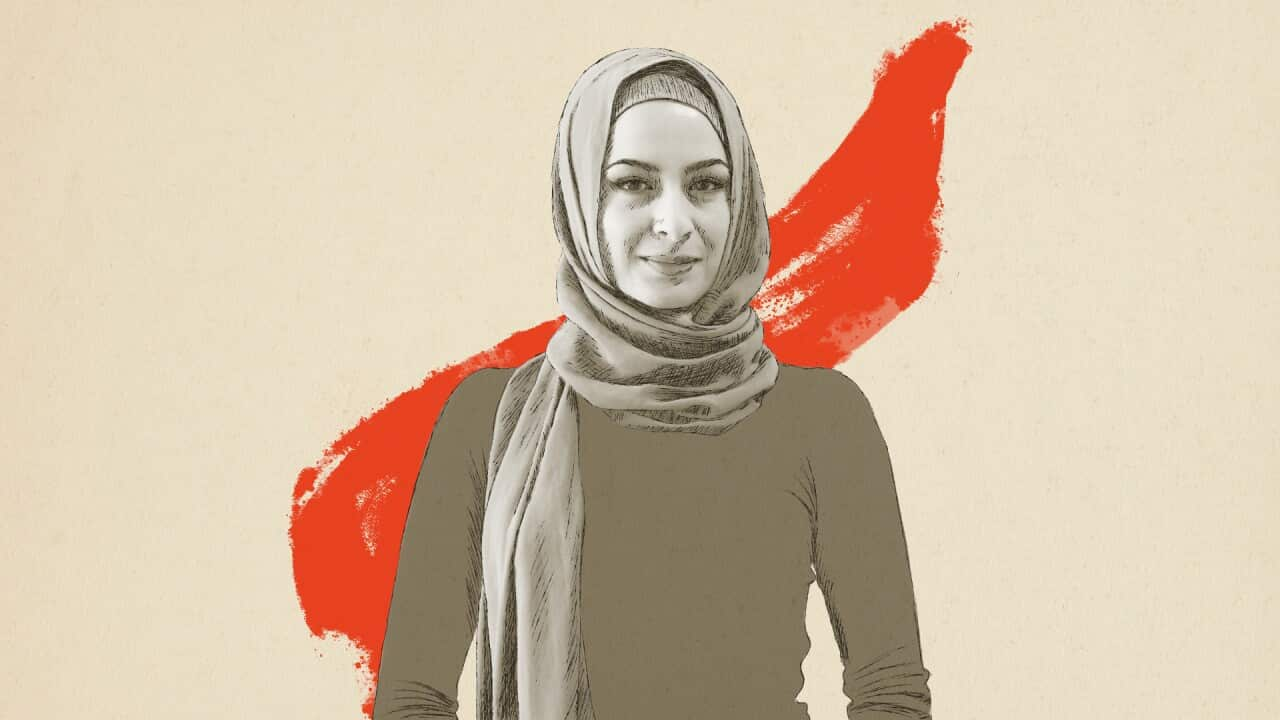TRANSCRIPT
It might not be a disease you've thought about unless you're holidaying abroad, but malaria remains one of the most severe public health problems worldwide. Globally, over 240 million cases of malaria occur each year, with 247 million in 2021 and 619,000 deaths. Of those deaths, 77 per cent of victims were children under the age of 5.
But for the regions battling the mosquito-borne illness, another glimmer of hope has emerged with the World Health Organisation authorizing a new vaccine to prevent the disease - known as the R-21 vaccine.
The Organisation’s Director General, Dr Tedros Adhanom Ghebreyesus, says it marks a turning point in treatment of the disease.
“In areas with seasonal transmission, it's reduced symptomatic cases of malaria by 75% in the 12 months following a three dose series of the vaccine. A fourth dose given a year after the third was shown to maintain protection. As a malaria researcher I used to dream of the day when we would have a safe and effective vaccine against malaria. Now we have two.”
The R-21 vaccine, developed by Oxford University scientists, is only the second to be created. The WHO says, while the previous vaccine is also effective, the new vaccine can be manufactured at a much larger scale, and would offer countries a cheaper option.
“At a cost of between two and four U.S. dollars a dose, it's comparable with other recommended malaria interventions and other childhood vaccines.”
It has been just two years since W-H-O approved the previous vaccine, called R-T-S-S, with both these vaccines building off of over a century of scientific research. But why has one of the deadliest illnesses to plague humanity taken so long to combat effectively?
Well, unlike diseases like COVID-19, malaria is a complex parasite that disguises itself from the human immune system - making it much more sophisticated than a virus.
Professor Tom Burkot is a professor at the Institute of Tropical Health and Medicine at James Cook University. He says the R-21 and R-T-S-S vaccines target a specific variant of the malaria parasite known as plasmodium falciparum - mainly found in Africa.
“Most of the focus is on Africa, because that's where most of the malaria is. There's four or five different malaria parasites that can infect humans, and the one known as falciparum malaria causes the greatest mortality. And 90 per cent of falciparum malaria is in Africa. And these vaccines that have been developed are only against falciparum malaria.”
He says these new vaccines - where the efficacy sits around 66 per cent in the year following the three-dose course - could drastically reduce deadly disease.
“I mean people will say oh that the malaria vaccine isn't completely protective but I'm expecting that can have a very significant impact weight if it's used appropriately I think we're talking about a 70% reduction in malaria cases so it has it can be it can have a real impact I think.”
Sarah Tolentino is a nurse based on the New South Wales South Coast who spent years on the frontlines of the malaria crisis in Uganda. She says it's an issue that particularly affected those who had very little material wealth.
“So we saw it a lot in the community, particularly in the slums that we worked in. Obviously disease burden is always felt worst by the people that are living in the worst conditions. So generally the people that are living in the worst conditions are living in ramshackle housing by swamp areas. So really, there's not much that they could do to get away from the breeding factor of mosquitoes.”
In 2013, Sarah became very ill but had assumed it wasn't malaria due to the absence of a fever. However, she was soon hit hard by the disease, beginning a five-week-long battle that she says could have killed her.
“I've never experienced anything as bad as that ever again or before that. So basically, I had complicated malaria because there was a delay in treatment. So I ended up with some liver failure. Initially, if we delayed treatment another 24 hours I probably would have died. The complications would have been way worse. I would have ended up with terrible malaria, and I'd be dead. There's no way I would have survived it.”
Agreements are already in place for the manufacturing of more than 100 million doses of the new R-21 vaccine a year, with experts saying it could turn the tide on the deadly disease.
At least 28 countries in Africa plan to introduce one of the two malaria vaccines as part of their national immunization programmes. But first, the R-21 vaccine will complete the ongoing W-H-O prequalification which would then enable international procurement of the vaccine for a broader rollout.
The vaccine is expected to become available to countries from mid-2024.













